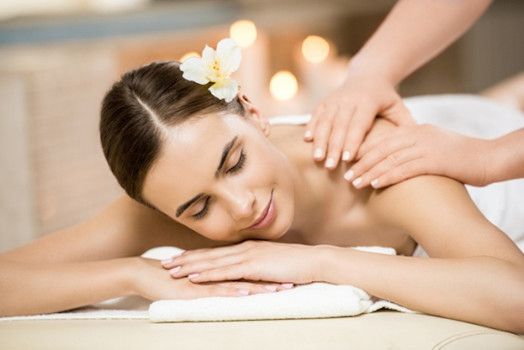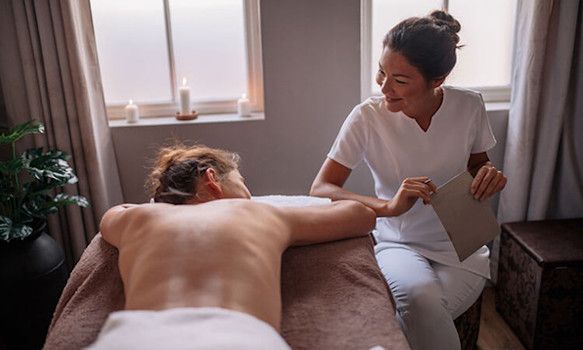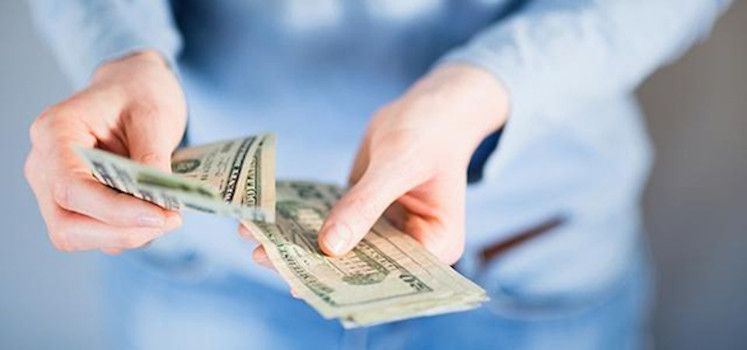
1. Don’t eat just before a massage session.

Let your body digest your meal first. If your stomach is full, you're not going to be comfortable for your massage. Let your body have time to digest, and you'll have a much better time. However, it's a good idea not to go to your appointment ravenous, as that will make you uncomfortable, too.
2. Be on time. If you arrive in a frenzied, rushed state, it may take longer to relax.

If you are rushing to get there, you won't have time to calm yourself down before your massage. Being calm will help it go more smoothly. How tense or relaxed you are transfers to your muscles, and you want your muscles as relaxed as possible. Plus, getting there early gives you time for paperwork.
3. Take off only as much clothing as you are comfortable removing.

The therapist will either leave the room or otherwise provide privacy while you undress. A sheet or towel is provided for draping during the massage and the therapist will uncover only the part of your body being massaged, ensuring that modesty is respected at all times. After the massage is finished, you will be provided with privacy while dressing.
4. Communicate with your massage therapist.

-
Before the session, give accurate health information and let the massage therapist know your expectations and reasons for the massage.
-
Allergies to oils, lotions, powders – The therapist may use oil, lotion or powders to reduce friction on your skin. If you are allergic to any oils, lotions or powders, tell your massage therapist, who can choose a substitute.
-
During the massage session, report any discomfort, whether it’s from the massage or due to any problems or distractions related to the environment, e.g., room temperature, music volume, lighting, etc.
-
Give feedback to the massage therapist during the massage on the amount of pressure, speed of hand movement, etc. If anything happens that you dislike or seems improper, you have the right to ask the massage therapist to stop. If necessary, you also have the right to end the session.
-
Don’t be afraid to discuss any apprehensions or concerns. It’s important that you be as comfortable as possible during your massage. Your massage therapist is a professional dedicated to do his or her best to help you feel at ease.
5. Remember to breathe normally.

Breathing helps facilitate relaxation. People often stop or limit their breathing when they feel anxious or a sensitive area is massaged.
6. Relax your muscles and your mind.

Tightening up by contracting or hardening your muscles during the massage is counterproductive. Let your massage therapist know this is happening. They may need to adjust the massage technique they use and may also be able to help you relax the affected area. If you find your thoughts are racing during the massage, one way to be more body-centered and to quiet your mind is to follow the hands of the massage therapist and focus on how the touch feels.
7. Drink Ginger or lemongrass tea after your massage.

Ginger and lemongrass are two of the best food ingredients for digestion aid and have anti-inflammatory properties. Plus may also have the potential to lower risk of chronic diseases, such as soothe stomach, but they have many more health benefits:
-
Relieving anxiety. Many people find sipping hot tea to be relaxing, but lemongrass tea may offer further anxiety-reducing properties
-
Lowering cholesterol
-
Preventing infection
-
Relieving pain
-
Boosting red blood cell levels
-
Full of antioxidants
-
Regulates High Blood Pressure
-
Boosts Metabolism and Burns Fat
-
For Naturally Great Skin and Hair
-
Heals Cold and Flu
-
Relieves menstrual pain
8. Take off any jewelry you're wearing.

That includes earrings, necklaces, rings, and watches. That way, your therapist can access all of your muscles without any restrictions. You may want to leave these at home to make it easier.
9. Carry enough money for at least a 20% tip.

Just like most areas of the service industry, it's customary to give your therapist a tip. In high-end spas, tips can even be as much as 30-40%. Keep in mind that therapists don't work a steady 40 hours a week, so any extra is helpful.







